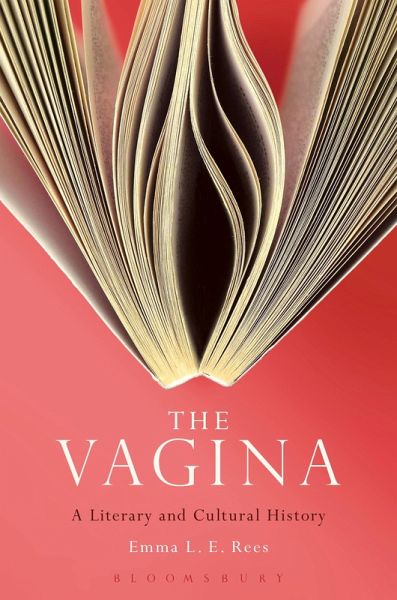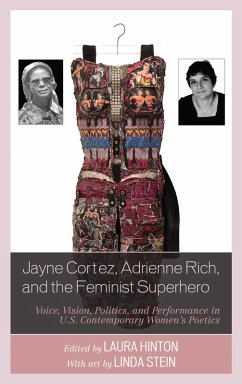
The Vagina: A Literary and Cultural History (eBook, ePUB)
Versandkostenfrei!
Sofort per Download lieferbar
18,95 €
inkl. MwSt.
Weitere Ausgaben:

PAYBACK Punkte
9 °P sammeln!
From South Park to Kathy Acker, and from Lars Von Trier to Sex and the City, women's sexual organs are demonized. Rees traces the fascinating evolution of this demonization, considering how calling the 'c-word' obscene both legitimates and perpetuates the fractured identities of women globally. Rees demonstrates how writers, artists, and filmmakers contend with the dilemma of the vagina's puzzlingly 'covert visibility'. In our postmodern, porn-obsessed culture, vaginas appear to be everywhere, literally or symbolically but, crucially, they are as silenced as they are objectified. The Vagina: A...
From South Park to Kathy Acker, and from Lars Von Trier to Sex and the City, women's sexual organs are demonized. Rees traces the fascinating evolution of this demonization, considering how calling the 'c-word' obscene both legitimates and perpetuates the fractured identities of women globally. Rees demonstrates how writers, artists, and filmmakers contend with the dilemma of the vagina's puzzlingly 'covert visibility'. In our postmodern, porn-obsessed culture, vaginas appear to be everywhere, literally or symbolically but, crucially, they are as silenced as they are objectified. The Vagina: A Literary and Cultural History examines the paradox of female genitalia through five fields of artistic expression: literature, film, TV, visual, and performance art. There is a peculiar paradox - unlike any other - regarding female genitalia. Rees focuses on this paradox of what is termed the 'covert visibility' of the vagina and on its monstrous manifestations. That is, what happens when the female body refuses to be pathologized, eroticized, or rendered subordinate to the will or intention of another? Common, and often offensive, slang terms for the vagina can be seen as an attempt to divert attention away from the reality of women's lived sexual experiences such that we don't 'look' at the vagina itself - slang offers a convenient distraction to something so taboo. The Vagina: A Literary and Cultural History is an important contribution to the ongoing debate in understanding the feminine identity













